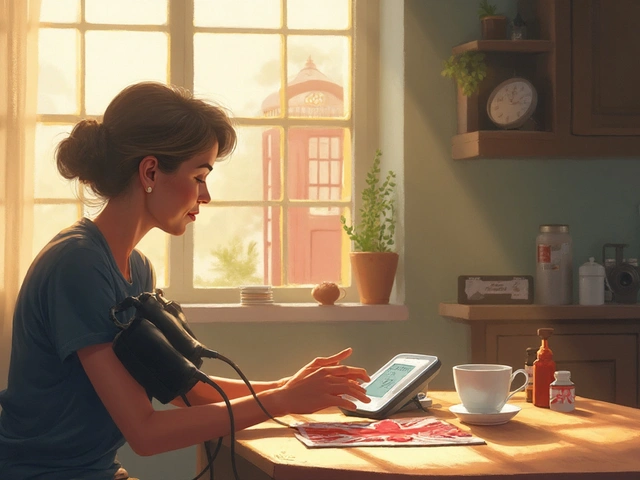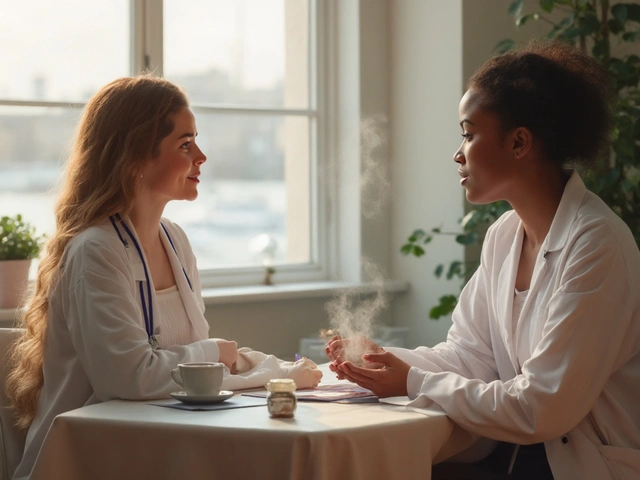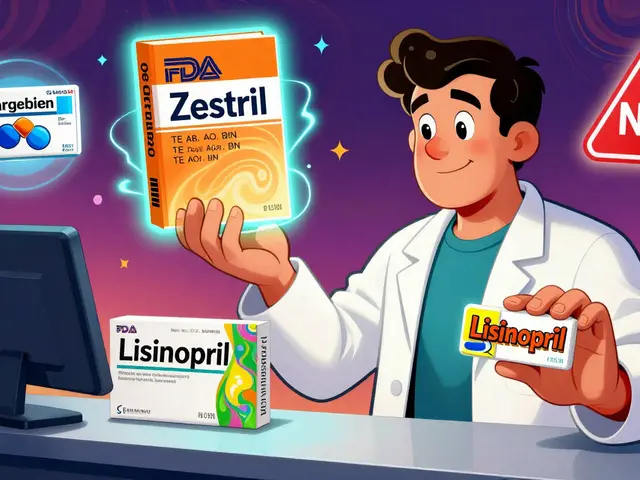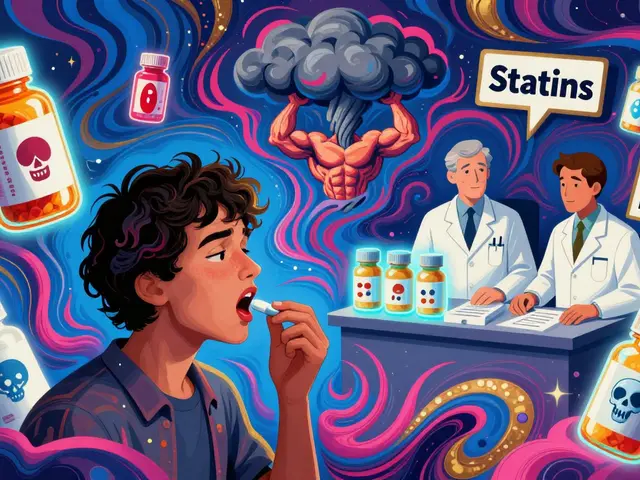
Vision Health: Easy Ways to Keep Your Eyes Strong
Ever wonder why you sometimes feel a little fuzzy after staring at a screen all day? Your eyes are tired, and that’s a sign they need a break. The good news? You can boost your vision with a few simple changes that fit right into your routine.
Everyday habits that protect your eyes
First off, give your eyes a regular rest. The 20‑20‑20 rule works wonders: every 20 minutes, look at something 20 feet away for 20 seconds. It sounds almost too easy, but this quick reset reduces strain and helps keep your focus sharp.
Next, think about the light around you. Bright glare from windows or harsh indoor lighting can make your eyes work harder. Use curtains or a desk lamp with a soft glow, and position screens so they’re not reflecting sunlight. A simple anti‑glare screen protector can also make a big difference.
Don’t forget about nutrition. Foods rich in vitamin A, C, E, and omega‑3 fatty acids support eye cells. A handful of carrots, a slice of salmon, or a glass of orange juice can help keep the retina healthy. If you don’t eat these foods daily, a multivitamin with eye‑support nutrients is a handy backup.
Staying hydrated is another often‑missed tip. Dehydration can make your eyes feel dry and gritty. Aim for at least eight glasses of water a day, and consider a drop of lubricating eye drops if you’re in a dry environment.
When to see a professional
Even with good habits, some vision issues need a doctor’s eye. If you notice sudden flashes, new floaters, or a noticeable drop in sharpness, book an appointment right away. These can signal retinal problems that need fast treatment.
Regular eye exams are the backbone of good vision health. Most adults should get a check‑up every two years, but if you have diabetes, high blood pressure, or a family history of eye disease, an annual visit is wise. Your optometrist can catch early signs of glaucoma, cataracts, or macular degeneration before they affect your daily life.
Lastly, if you wear glasses or contacts, keep your prescription up to date. Wearing outdated lenses forces your eye muscles to work harder, leading to headaches and eye fatigue. Most lenses now come with blue‑light filtering, which can reduce screen‑related strain.
Putting these steps into practice doesn’t require a major overhaul. Start with one habit—like the 20‑20‑20 rule—and build from there. Over time, you’ll notice less eye strain, clearer vision, and a reduced need for quick‑fix solutions.
Remember, your eyes are the only part of your body that can’t repair themselves on their own. Giving them the right care today pays off with sharper sight tomorrow.
-
21 Sep





